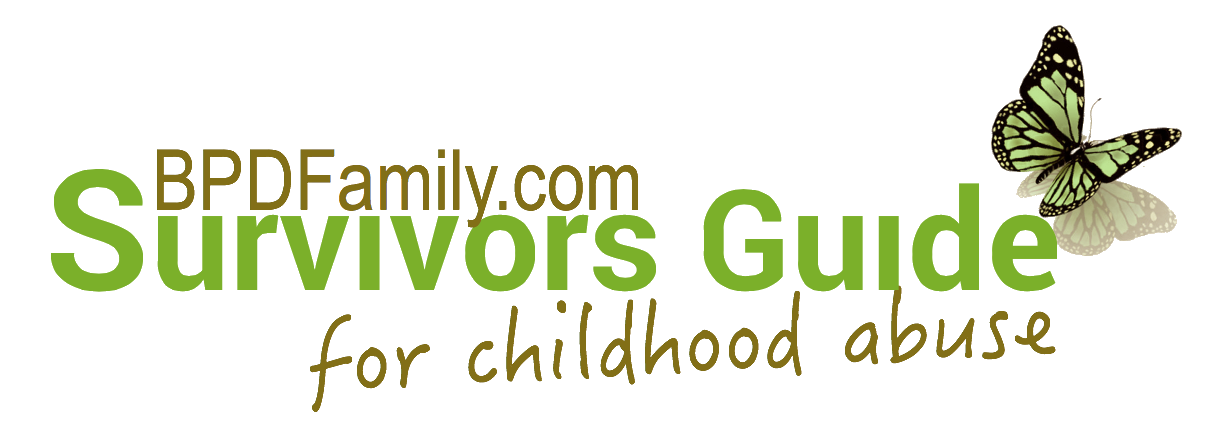 |
|
I have made a commitment to recovery from my childhood abuse. |
|
REMEMBERING [Step 3]: All survivors who have recovered from child abuse can point to a moment in time when the desire to change and the hope of a better life overcame the wall of denial and resistance. After acknowledging that you were abused and that the effects of the abuse may be undermining your life as an adult, you next need to do something about it. This is a critical step for many survivors because moving from thinking about the abuse to actually doing something about it for example, committing to a recovery program is a large leap indeed. It is a point at which many survivors flounder.
Because this "step" is more like a "leap," it may mean more to you than many of the other steps once you finally achieve it. Taking this giant step signifies that you are no longer a passive victim of the past. You are now truly a survivor in the sense that you are motivated to overcome the effects of your abuse and are initiating change in the present in the hope of creating a better future for yourself, becoming a thriver. You are building on your acknowledgement of the abuse and recognizing that, while you have been deeply hurt by it, you have not been defeated or destroyed. What does it mean to make a commitment to recovery? Basically, it means acting: reaching out for help by joining a support group like BPDFamily.com and, if possible, entering therapy with an experienced professional who will work with you from now until you have reached Step Twenty-one. If you are still not ready to make this commitment, you can bridge Steps One and Two in a way that may help you eventually to join in. Consider disclosing your struggle to a spouse, trusted friend or clergy member. Disclosing your abuse to someone else can be extremely powerful because it shatters the silence and secrecy of the past, and may well shatter your expectation of a negative response. But be sure to choose very carefully the person whom you tell. You want this action to help you and encourage you to move forward, not to set you back. Throughout this manual we have stressed both professional therapy and self-help as important tools for your recovery. Because you are using BPDFamily.com (and perhaps other self-help meetings), you are obviously aware of the benefits of self-help, but it doesn't hurt to summarize them briefly. Self-help support groups offer understanding, support, information and acceptance for participants in recovery. Most cost nothing to join and meet at various times and locations. Most accept anyone who has an interest in the topic or who expresses a desire or willingness to change. Self-help groups can provide resources and information for participants needing additional help. Support groups like BPDFamily.com offer support during difficult times and welcome relief from the isolation, stigmatization and shame that most survivors face. Perhaps most importantly, self-help groups offer a sense of belonging and "family" that probably was not available to you as you were growing up. If your family is still in denial about the abuse or unwilling to change defensive attitudes, then self-help groups can become a sort of surrogate family for you. As we have said before, it is very difficult to do this work alone, and BPDFamily.com and other self-help groups can help provide you with the community and support you need to continue working through your recovery. Some survivors have gone through the motions of making a commitment to recovery without necessarily putting their hearts into it. You, too, may have attended self-help and other support groups or started therapy without really intending to face the reality of your childhood abuse or the feelings associated with it. During the initial stages of recovery, you may discover that you are avoiding some crucial aspect of yourself or your problem. This will likely only hinder your progress. Don't wait for someone else to point it out. Start acting in your own best interests to help your identified helpers help you. |
© The Norma J. Morris Center, San Francisco, California